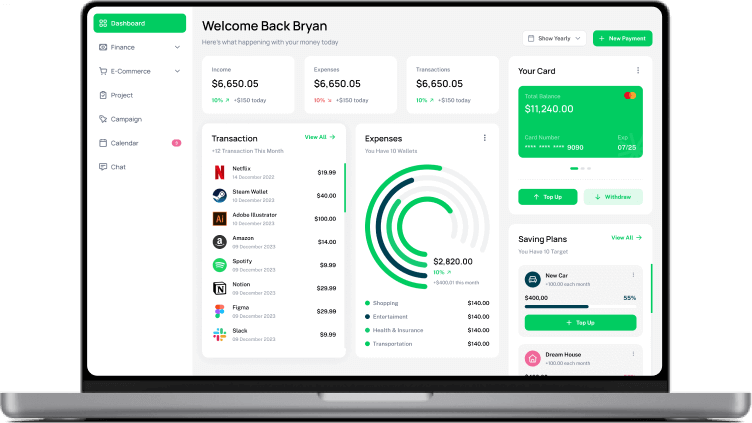Bonus In Commission Sales
Definition: A bonus is a form of additional compensation given to an employee above their regular earnings. It is awarded to reward excellent performance, as an incentive, or as a part of an employment agreement. Bonuses can be given to both individual employees and teams, and they can take the form of cash, stock options, or other benefits.
Understanding Bonuses
Bonuses are used by companies as a tool to reward employees for their contributions and to motivate them towards higher performance. Here’s how bonuses work:
- Type of Bonuses: Bonuses can vary significantly, but common types include performance bonuses, signing bonuses, referral bonuses, and holiday bonuses.
- Performance Bonuses: These are given for achieving specific goals set by the employer, such as reaching sales targets or completing a project.
- Signing Bonuses: Offered as an incentive for joining the company, often used to attract top talent.
- Referral Bonuses: Given to employees who refer a candidate who gets hired, incentivizing employees to recommend qualified candidates.
- Holiday Bonuses: These are often given at the end of the year and can be in the form of cash, gifts, or other rewards.
Calculation and Taxation
Bonuses can be a fixed amount or a percentage of the employee’s regular earnings, depending on the company’s bonus plan. In the United States, the IRS considers bonuses to be taxable income. The standard withholding rate for bonuses is a flat rate of 22%, although it may be higher if the bonus is combined with other earnings.
Example of a Bonus
Consider an employee with an annual salary of $50,000 at a company that offers a 5% annual performance bonus. If the employee meets their performance goals for the year, they would receive:
\[ \$50,000 \times 5\% = \$2,500 \]
This $2,500 would be added to their earnings for the year, subject to the usual income tax deductions.
Advantages of Offering Bonuses
- Incentivizes Performance: Bonuses motivate employees to work harder and achieve their targets.
- Improves Retention: They can help keep top talent by rewarding them for their contributions to the company.
- Boosts Morale: Bonuses can improve employee satisfaction and morale, especially when given as a reward for teamwork or achieving significant milestones.
- Flexible Reward System: They provide a way for employers to offer additional compensation without changing the base salary structure.

